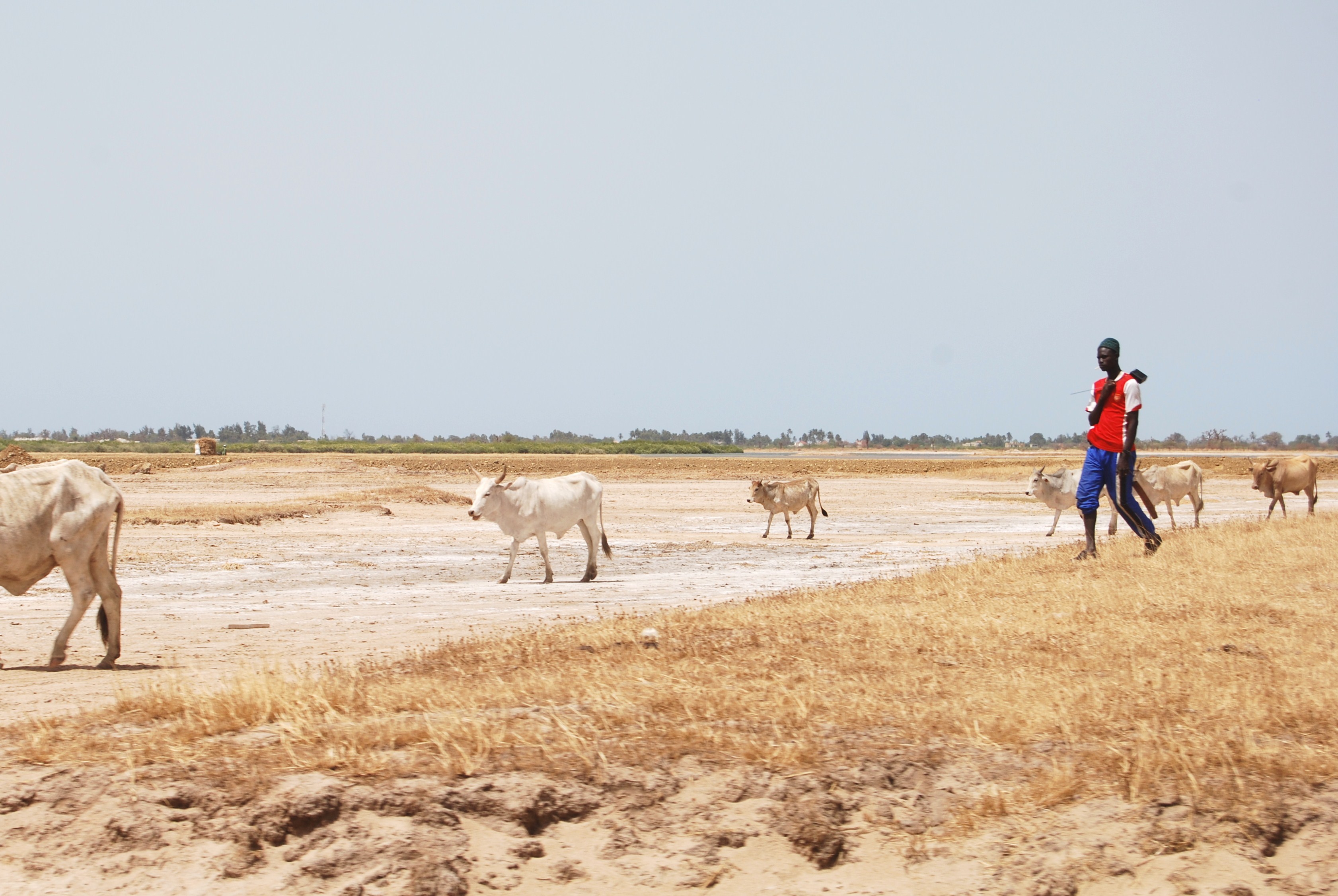As the world grapples with the effects of climate change, Africa stands at the forefront of a diverse and dynamic landscape of activism. Grassroots movements, youth-led initiatives, and a strong emphasis on climate justice intertwine with unique African elements. This vibrant activism addresses the environmental challenges but also delves into social, cultural, and gender dimensions of climate change, writes Winnie Cheche.
Unveiling the activism
Africa’s grassroots activism involves campaigns, demonstrations, and educational endeavours that raise awareness about the impacts of climate change and the urgency for adaptation and mitigation. Campaigns like the Fridays for Future have amplified young people’s grassroots efforts and push for climate action. #AfricaIsNotADumpster is another example of a campaign powered by demonstrations that helped build a strong narrative against plastic pollution being dumped across the continent by foreign countries.
Advocacy for climate justice helps to highlight the disproportionate impact on vulnerable communities while demanding accountability from wealthier nations for historic emissions. Through petitions, peaceful protests and social media outreach, youth continue to push for climate justice. This activism provides vital statistics on the negative human impacts regionally and highlights what climate refugees have been through despite being those least responsible for global emissions. This includes sharing information about the consequences of climate change in real time. For example, a few months ago there were droughts in Kenya. Youth took part in sharing information about what was happening, what had led to this and the importance of the wealthier nations doing their part. Now, there are heavy rains in most parts of the country, and youth continue to use the situation to communicate the urgency of addressing climate change.
Youth-led movements including the Kenya Environmental Action Network and Friday for Future Kenya harness the vigour of young minds. Youth continue to create networks that unite and amplify their voices to demand space at the decision-making tables. Resources are scarce, but through collaborations, they can make moves in these spaces. Through Kenya Environmental Action Network’s campaign, the Afrika Caravan, it has been taking youth to COPs (Conference of the Parties) where they can network, lobby, and showcase their grassroots projects.
Collaborative efforts like Biophilic Conversation and Friends of Nairobi National Park work with local communities to focus on ecosystem restoration and biodiversity protection. Local communities have been continuously left out of such initiatives, leading to copycat solutions from other parts of the world that end up failing because they don’t take the local context into account. Youth have managed to identify the importance of working with the local communities and embracing their indigenous knowledge. It’s a symbiotic relationship that has made wildlife conservation in Africa more successful. Friends of Nairobi National Park allow youth opportunities like the game count, park cleanups and advocacy, paving the way for youth in the world of conservation.
Uniquely African elements
Climate change is a global challenge. But the best solutions consider the local context. The same is true for activism. The activities that are taking place across the continent have distinct African characteristics.
Cultural and artistic expression are loved forms of expression by youth. Activists are using music, spoken word, dance, and storytelling to convey messages of resilience and adaptation. A young man in Kenya, Larry Dwayne uses music to spread awareness about climate change. I blog stories to break down information.
Women and youth leadership is very important especially as some African cultures don’t allow such. Women and youth play pivotal roles, advocating for inclusive solutions and focusing on grassroots mobilisation and community-centred approaches. To push for clean cooking, women are crucial as they are the ones to actualise it. When they understand and embrace such green practices, we can contribute practically towards climate action.
Indigenous knowledge and practices help leverage traditional farming methods and sustainable practices, tapping into indigenous wisdom for climate adaptation and mitigation. As much as we are pushing for smart agriculture, it must complement existing farming methods. This way, the local communities will have an easier route to transition and have room to use the existing indigenous knowledge. Use of compost and animal manure will be incorporated, making it possible to stay away from chemical fertilizers.
An emphasis on climate justice helps to push for fair and equitable responses, acknowledging historical emissions, and advocating for responsibility sharing. The industrial revolution was the beginning of huge greenhouse emissions that have contributed to where we are. The history clearly shows those who were heavily involved and benefited. Sadly, the nations that are now trying to catch up, are the ones being hardest hit by the climate change consequences. With insufficient development, it is impossible to stand on their own.
Ecological conservation is the only hope for saving the existing species. Protecting Africa’s unique biodiversity and recognising its significance in mitigating climate impacts is vital. Afforestation and reforestation are some of the activities being pushed to enable the salvaging of our forests. Through the forest gazette process, governments like Kenya can protect forests from being occupied or encroached.
Gendered activism
Gender is a driving force in African climate activism which advocates for gender-responsive policies, engaging youth and having women as leaders.
Gender-responsive policies consider women’s perspectives and specific needs, ensuring their inclusion in climate strategies. Across Africa, youth are being engaged by encouraging the active participation of young women, empowering them as key influencers in shaping climate action, and having women as leaders to spearhead community-based initiatives, sustainable agriculture, and conservation efforts.
What lies ahead for African climate activism?
There is likely to be an evolution toward the further integration of art and culture to engage wider audiences and communicate the urgency of action. More and more activists are incorporating poems, music, spoken word, drawings, and blogs, among others to communicate climate action.
An increased emphasis on reforestation and ecosystem restoration as potent means of climate mitigation and adaptation will focus on more nature-based solutions.
Community resilience will result in strengthening local activism to proactively address climate impacts and reduce vulnerabilities. Where the youth and local communities will continue to pursue climate action through grassroots projects.
There is also a growing acceptance of the need for psychological support to address the mental health toll of climate change, integrating emotional support into activism efforts to avoid burnouts or imposter syndromes, that may derail climate action among activists.
Opportunities, challenges, and the government role
While opportunities for social change and empowerment abound, challenges like public backlash and resource constraints persist. Governments play a pivotal role, ranging from repressive measures to negotiation, impacting the trajectory of movements and balancing diverse stakeholder interests.
African climate activism, with its multifaceted approach and incorporation of diverse perspectives, stands as a beacon of resilience and determination. Its evolution in the coming years will likely steer towards more inclusive, community-driven solutions while facing and addressing the associated challenges head-on.
By acknowledging the significance of local wisdom, fostering diverse leadership, and embracing innovation, African climate activism charts a path toward a more sustainable and equitable future for all.
Photo credit: theverb.org used with permission CC BY-NC 2.0 DEED





